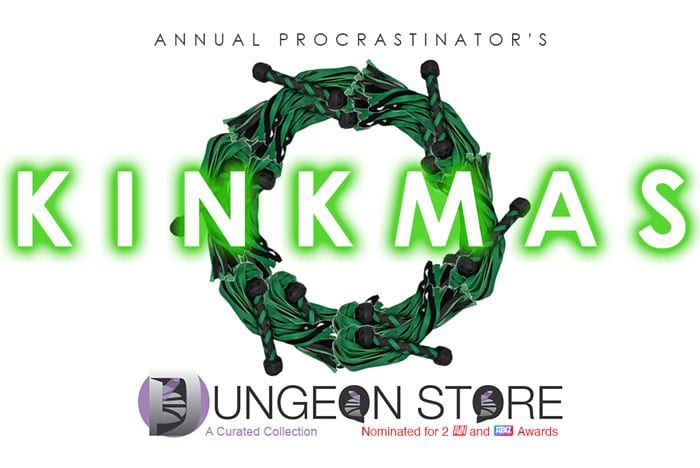The Romanian presidential elections have brought TikTok into sharp focus as a powerful platform capable of shaping public opinion. While known primarily for entertaining content, TikTok’s influence now extends into the political arena, where its reach and ability to amplify messages in seconds have made it a significant player. This raises critical questions about how such power is managed—and whether the platform is prepared for its growing role in shaping democracy.
TikTok’s Pre-Election Efforts: Collaboration, but Uncertainty
Before the elections, TikTok assured its critics that it was working closely with Romanian authorities, including the electoral commission. According to Caroline Greer, TikTok’s Director of Public Affairs, the platform had deployed 95 Romanian-speaking moderators—the largest team compared to other platforms. Their primary role was to flag and remove illegal content and monitor banned political advertising, which TikTok explicitly prohibits.
Despite these efforts, controversy erupted. EU lawmakers and observers questioned whether TikTok had done enough to prevent the spread of misinformation and manipulative content. The spotlight fell on Calin Georgescu, a far-right candidate whose viral TikTok presence played a pivotal role in securing 22.95% of the vote in the first round. His content raised concerns about the platform’s ability to regulate political narratives and prevent extremist messaging.
EU’s Call for Accountability
The elections have prompted action at the European level. Under the Digital Services Act (DSA), TikTok must respond to questions from the European Commission by December 13. Among the concerns are the platform’s moderation guidelines and the algorithms that determine which content is amplified during sensitive political events.
EU lawmakers are demanding answers. Alexandra Geese (Greens/EFA) has been vocal, asking:
“How is TikTok strengthening its systems ahead of elections? How many employees understand the local political context?”
Meanwhile, Katarina Barley (SPD) and others have called for stricter oversight, particularly regarding bots and manipulative content that can distort election outcomes.
TikTok’s Defense and Persistent Criticism
TikTok has pushed back against accusations of interference. In a statement to Romanian authorities, the platform insisted there was no evidence of covert or foreign influence during the elections.
However, critics argue that TikTok’s actions fall short of the transparency needed for such a critical platform. Laura Ballarin (Spain, S&D) accused TikTok of avoiding accountability by refusing to share its internal moderator guidelines or explain how its algorithm operates. She highlighted the lack of self-criticism, stating that TikTok has yet to adequately address its role in amplifying political content.
This has led to calls for further action. Valérie Hayer (France, Renew) demanded that TikTok’s CEO, Shou Zi Chew, appear before the European Parliament to clarify the platform’s role. She summarized the stakes, declaring:
“Algorithms should never dictate election outcomes. Fairness is the cornerstone of democracy.”
The Challenges of Regulating Influence

While TikTok claims to have taken steps to monitor election-related content, critics argue that its systems are not robust enough to handle the complexities of democratic processes. The platform’s lack of transparency—especially regarding its algorithms—raises questions about its commitment to safeguarding elections from manipulation.
The Road Ahead: Romania’s Second Round
As Romania prepares for the second round of presidential elections on December 8, TikTok’s influence remains a contentious issue. Calin Georgescu, the far-right candidate, will face reformist Elena Lasconi of the center-right USR party. The stakes are high, not only for Romania but for the broader conversation about social media’s role in democracy.
The EU’s investigation is ongoing, and its findings could set a precedent for how digital platforms are held accountable during elections. Rita Weezenbeek, Director for Digital Platforms at the European Commission, emphasized the need for patience, stating:
“We must wait for the results before making any formal judgments.”
TikTok: More Than Entertainment
This election has made one thing clear: TikTok is no longer just about dances and viral challenges. It has evolved into a global force capable of shaping cultural and political narratives. But with great power comes great responsibility. As TikTok faces mounting scrutiny, it must prove that it can rise to the challenge of balancing its influence with accountability.
The Romanian elections are a wake-up call—not just for TikTok, but for regulators, politicians, and users around the world. How this story unfolds will shape the future of political communication in the digital age.
Stay tuned for updates on Romania’s election and TikTok’s growing role in politics. Let’s keep the conversation going—because democracy matters. 💡📱










